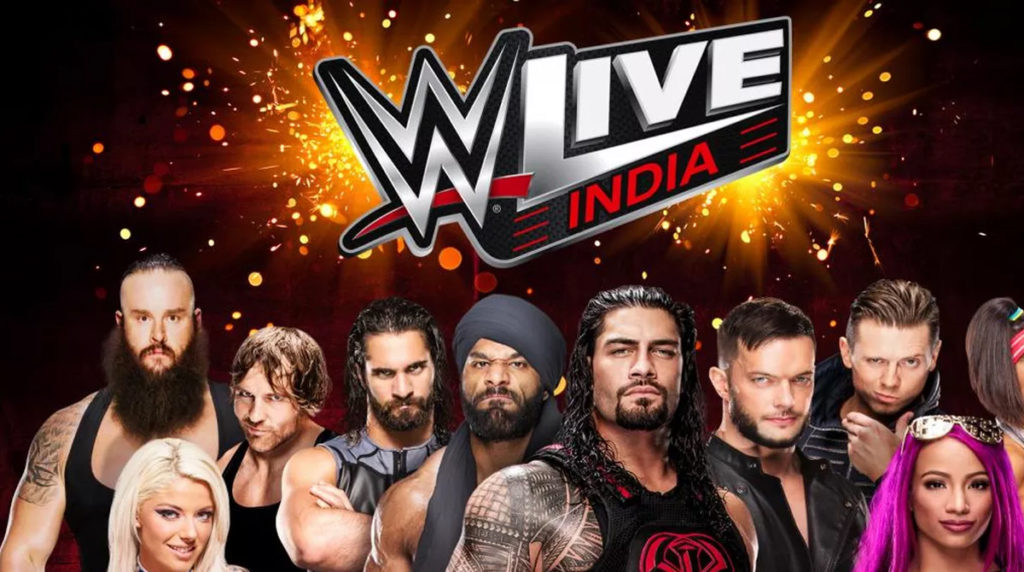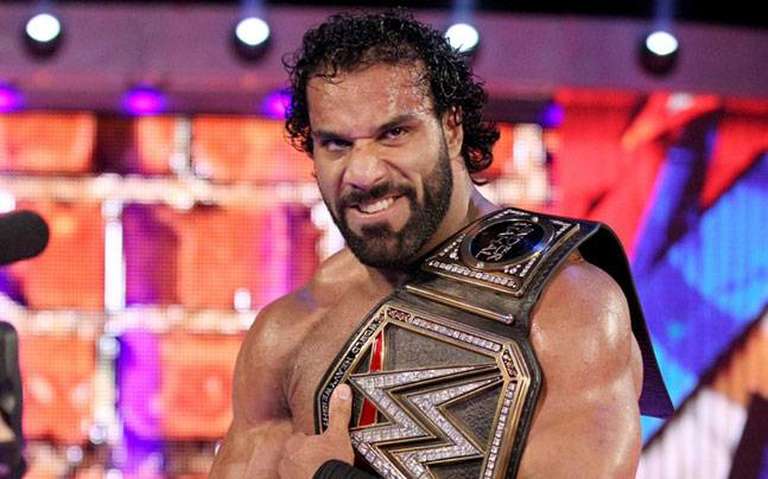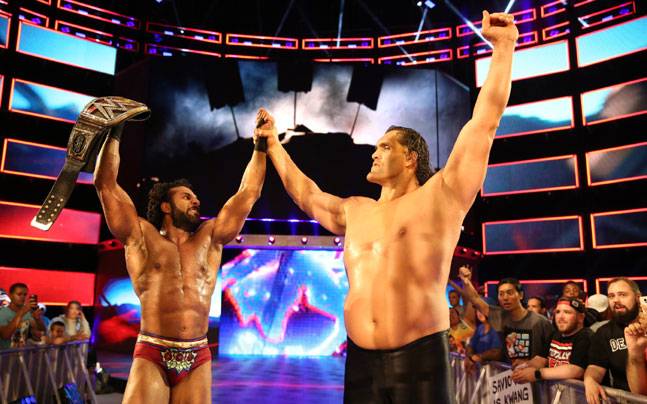WWE’s Strange India Push

When Jinder Mahal won the WWE Championship earlier this year is was blatantly obvious why. The WWE wanted to establish themselves in the growing and expansive market in India. With a huge population, and an appetite for wrestling, the WWE had a real opportunity to move overseas. Other nearby promotions either weren’t big enough or, like in the case of NJPW, weren’t interested in moving into outside talent pools. Ever the company to take advantage of whatever opportunity arises, the WWE were ready to place their bet on India. Unlike with the UK, the India push would be more intense, more intrusive, but ultimately return the same result.

Jinder Mahal, like so many other low-level wrestlers on the WWE roster, deserved his time in the spotlight. Mahal’s championship run allowed him to show off how much he had improved in and out of the ring. And his reign as champion also brought up Samir and Sunil Singh, giving them more airtime outside of 205 Live. To fans however, Mahal’s push had a litany of problems. He was a heel, playing off jingoistic tendencies and claiming by being Indian and speaking in another language we would hate him. His wins were copy and pasted of every match he was in. The Singh brothers would interfere, Mahal would win, wash, rinse, repeat. Mahal grew into a heel not because fans wanted to hate him but thanks to WWE’s poor booking and writing.
This didn’t stop the WWE at all. Mahal’s reign would somehow summon back other Indian tropes like The Great Khali and the Punjabi Prison match. Soon the WWE would announce they would be traveling to India for at least two shows and would feature Mahal as champion. Mahal might have been played as a heel in the US, but in India his promos and appearances were all heroic. For all the scratching of heads here, the WWE was hoping all their booking would make sense and sell tickets in India. It didn’t. So what went wrong?
Prices. Reports from India state that the ticket prices for the two shows were almost equal to WrestleMania prices. India is already a country of extreme distinction in wealth and income. Some areas are well off and many, many others are not. Pricing any wrestling match at these high prices assured low attendance. Just this week in fact, the WWE have reduced their shows down to just one. And what is being called a “super show” is in fact just a Raw house show with Jinder Mahal in the main event. WWE has even sent out Triple H, who has been clearly preparing to reenter the ring, to wrestle Mahal in hopes of exciting crowds and driving any kind of excitement.

However high prices doesn’t quite explain why WWE’s India push has waned. Mahal is no longer champion, and no longer wrestling Brock Lesnar. Gone are Mahal’s lengthy promos and proud declarations about his country (no, not Canada). The mistakes the WWE has made in India are all too familiar for fans who have been watching the WWE for the past few years. What the WWE has found in India isn’t a different result than what they’re finding as Raw and SmackDown travels around the country. Low attendance is starting to haunt both brands along with low ratings on television. Viewership and engagement is dwindling for nearly every piece of the WWE brand.
WWE’s problems in the UK and India aren’t unique adventures with their own set of problems. They’re symptoms of the company’s larger struggles. This stiff and unchanging approach to wrestling is being challenged around the world with stylish and new styles. It’s easier now to find a variety of alternatives which are now streaming into our homes. With so much choice, the WWE need to compete with everyone all the time. The one good piece of news is that competition doesn’t need to take place in the UK, or in India, or in Japan, or anywhere. It can take place in armories, gymnasiums, and the old stomping grounds of old wrestling promotions. NXT proved that talent infused with wrestling can win over legions of fans and make mounds of money. And yet tickets for India’s “super show” featuring Jinder Mahal taking on Triple H are still on sale.

